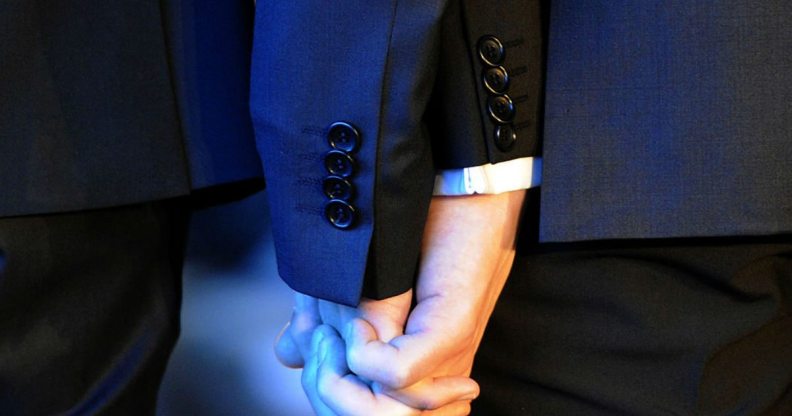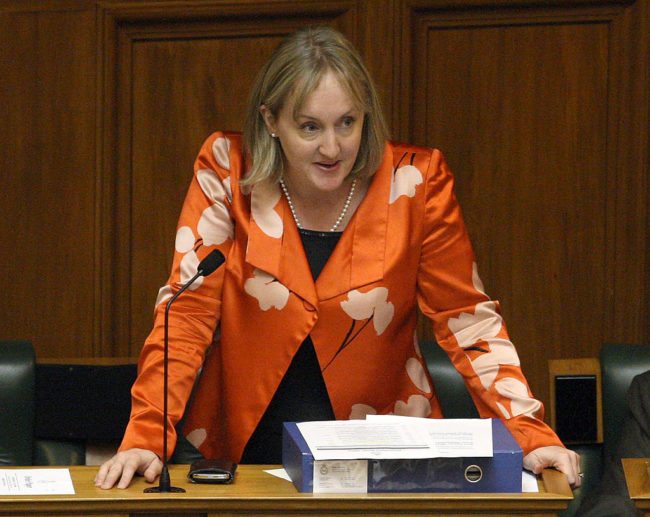New Zealand will apologise to 1,000 gay men convicted under old homophobic laws

Gay and bi men must refrain from having sex with another man for a year before they can donate blood in Canada. (BORIS HORVAT/AFP/Getty Images)
New Zealand’s Parliament plans to make formal apologies to men who have been convicted for having gay sex.
The country’s Justice Minister, Amy Adams, will move a motion to apologise to those convicted of homosexual crimes under a law that was scrapped in 1986.

New Zealand’s Justice Minister Amy Adams put forward a bill that will apologise to gay men convicted for having homosexual sex (Marty Melville/Getty Images)
Adams wants Parliament to “apologise to those homosexual New Zealanders who were convicted for consensual adult activity, and recognise the tremendous hurt and suffering those men and their families have gone through, and the continued effects the convictions have had on them”.
The apology came alongside the introduction of a bill that will allow gay men that were convicted under old laws to apply to have those convictions wiped from their records.
New Zealand only decriminalised consensual sex between men in 1986.
Although decriminalised, these convictions may still pop up on criminal record history checks.
New Zealand’s Justice Ministry estimates that there are still roughly 1,000 men alive who were convicted under the old law.
Adams announced the criminal records bill in February and it was brought before Parliament last month.
“The tremendous hurt and stigma suffered by those who were affected can never be fully undone, but I hope that this Bill will go some way toward addressing that,” Adams said.
This bill will be the first ever expungement scheme in New Zealand.
The scheme will involve case-by-case assessment of facts and details to determine whether the conduct a person was convicted of is still unlawful today.
The final decision will be made by the secretary for justice.
There will be no need for court hearings or for applicants to appear in person.
This bill was created after a petition was presented to MP’s in Parliament last year.
In 2013, New Zealand became the first country in the Asia-Pacific region to legalise same-sex marriage.

